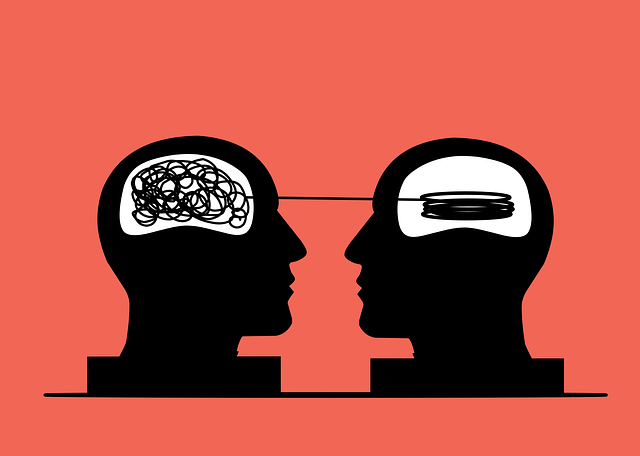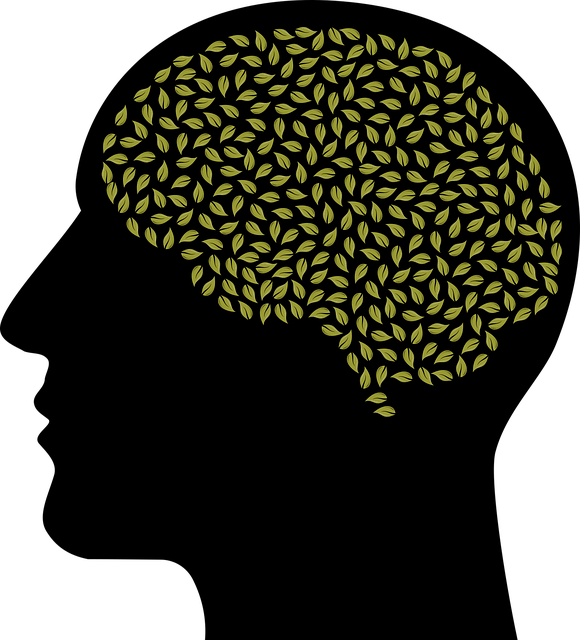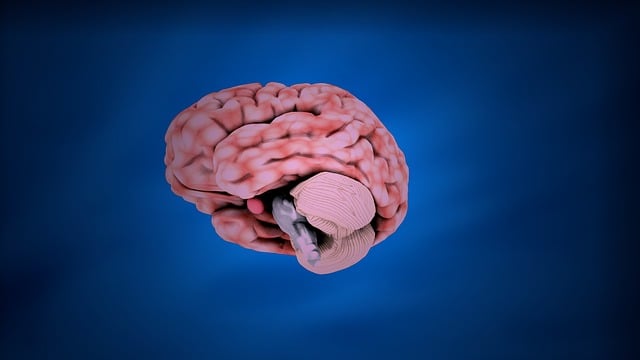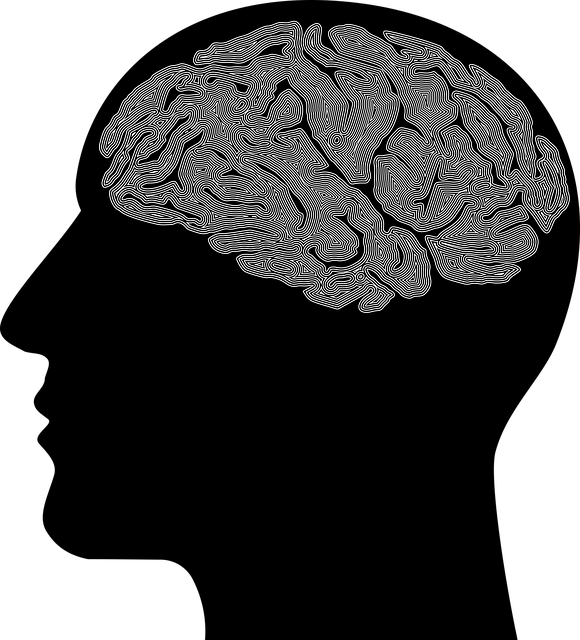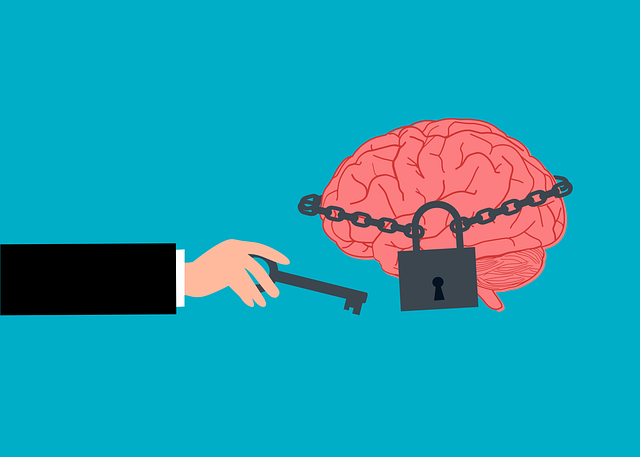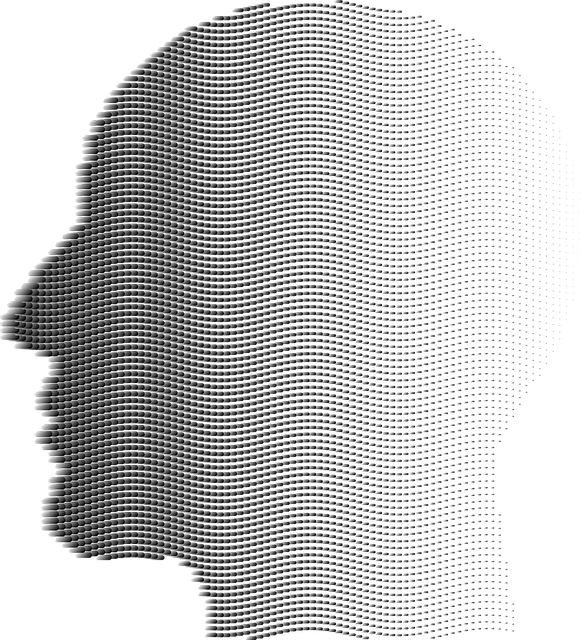Golden Dialectical Behavioral Therapy (GDBT) offers a comprehensive approach to mental wellness evaluation, combining quantitative and qualitative techniques. It leverages cognitive-behavioral and mindfulness practices for accurate assessment and effective treatment, addressing complex cases and trauma-related issues. Standardized measures track improvements in depression, anxiety, and emotional regulation, while qualitative methods uncover deeper insights into clients' experiences. This holistic approach enhances program effectiveness, informs mental health policy, and expands access to quality services, focusing on areas like mood management where GDBT excels.
Mental wellness programs are integral to fostering resilience and improving quality of life. This article delves into the evaluation methods employed to assess their effectiveness, focusing on the unique contributions of Golden Dialectical Behavioral Therapy (GDBT). We explore both quantitative metrics for measuring success and qualitative techniques that capture participants’ lived experiences. By integrating GDBT with diverse evaluation strategies, mental health professionals can achieve a comprehensive understanding of program impact, ensuring continuous improvement and optimal outcomes.
- Understanding Mental Wellness Programs and Their Evaluation
- The Role of Golden Dialectical Behavioral Therapy (GDBT) in Evaluation
- Quantitative Assessment Methods for Mental Health Programs
- Qualitative Techniques to Evaluate Program Effectiveness
- Integrating GDBT with Other Evaluation Strategies: A Comprehensive Approach
Understanding Mental Wellness Programs and Their Evaluation

Mental wellness programs are designed to support individuals in managing and improving their mental health, focusing on various aspects such as emotional well-being, stress reduction, and skill development. These programs can range from individual therapy sessions to group support meetings and online interventions. Evaluation of these programs is crucial for understanding their effectiveness and impact, ensuring that resources are allocated efficiently and that the needs of those seeking help are met.
One notable therapy approach that has gained prominence in mental wellness program evaluation is Dialectical Behavioral Therapy (DBT). DBT, originally developed for individuals with borderline personality disorder, emphasizes skill-building in areas like mindfulness, distress tolerance, emotional regulation, and interpersonal effectiveness. The golden standard of DBT involves a combination of individual therapy sessions, group skills training, phone coaching, and a strong therapeutic community. By evaluating the outcomes of these structured programs, mental health professionals can assess improvements in symptoms, quality of life, self-esteem, and even burnout prevention—a critical aspect given the demanding nature of the profession.
The Role of Golden Dialectical Behavioral Therapy (GDBT) in Evaluation

Golden Dialectical Behavioral Therapy (GDBT) offers a unique and valuable perspective in mental wellness program evaluation. This therapeutic approach combines cognitive-behavioral techniques with mindfulness practices, making it an effective tool for assessing and improving individuals’ emotional regulation skills. By integrating dialectical principles, GDBT facilitates a balanced view of acceptance and change, which is crucial when evaluating complex mental health concerns. Therapists can utilise this method to track progress, identify triggers, and tailor interventions, thereby enhancing the overall evaluation process.
Incorporating GDBT into evaluation practices provides a comprehensive framework for understanding clients’ experiences. It encourages active participation through Mental Wellness Journaling Exercises, where individuals reflect on their emotions and behaviors. Moreover, Risk Management Planning, often integrated with GDBT, enables mental health professionals to support clients in developing strategies to cope with high-risk situations. This proactive approach not only enhances evaluation accuracy but also empowers individuals to manage stress effectively, as demonstrated through Stress Management Workshops Organization, ensuring a holistic improvement in their mental wellness journey.
Quantitative Assessment Methods for Mental Health Programs

Quantitative assessment methods play a pivotal role in evaluating mental wellness programs, offering structured and data-driven insights into their effectiveness. One such acclaimed approach is Golden Dialectical Behavioral Therapy (DBT), which combines cognitive-behavioral techniques with mindfulness practices to foster inner strength development. By employing standardized measures and surveys, researchers can gauge improvements in symptoms of depression, anxiety, and distress, as well as assess changes in emotional regulation and interpersonal skills among participants.
These methods often involve pre-post testing, where individuals complete assessments before and after program involvement, allowing for a direct comparison of mental health outcomes. Additionally, long-term follow-ups provide valuable information on the sustainability of program effects. Integrating these quantitative findings with Mental Health Policy Analysis and Advocacy ensures that evidence-based practices are not only recognized but also implemented at larger scales, thereby enhancing access to quality Mental Wellness services for all.
Qualitative Techniques to Evaluate Program Effectiveness

When evaluating the effectiveness of a mental wellness program, qualitative techniques offer valuable insights beyond quantitative metrics. Methods such as interviews, focus groups, and observations allow for deep exploration of participants’ experiences, perceptions, and changes. By engaging with individuals directly, mental health professionals can uncover nuanced aspects of program impact, including improvements in mood management skills, enhanced coping strategies, and shifts in self-perception, all essential components of Dialectical Behavioral Therapy (DBT).
Qualitative assessments are particularly useful for understanding the complex interplay between therapeutic interventions and individual needs. For instance, risk assessment tools can be employed to gauge participants’ vulnerability and resilience, informing tailored support within a Community Outreach Program Implementation. These approaches ensure that mental wellness initiatives not only meet but exceed expectations by addressing specific challenges and fostering positive mental health outcomes, particularly in areas like mood management.
Integrating GDBT with Other Evaluation Strategies: A Comprehensive Approach

Integrating Golden Dialectical Behavioral Therapy (GDBT) with other evaluation strategies offers a comprehensive approach to mental wellness program assessment. GDBT, known for its effectiveness in treating complex cases and mitigating risks, can complement traditional methods by focusing on both individual symptoms and interpersonal dynamics. This dual perspective is crucial when addressing the multifaceted nature of mental health issues, especially those intertwined with trauma. By combining structured assessments, clinical observations, and client self-reports, healthcare providers gain a holistic view of an individual’s progress.
This integrative approach also emphasizes cultural sensitivity in mental healthcare practice, ensuring Trauma Support Services are tailored to meet diverse needs. Healthcare Provider Cultural Competency Training plays a vital role here by equipping professionals with the skills to understand and appreciate the impact of cultural background on mental wellness. This enables more effective delivery of GDBT and other interventions, fostering an environment where clients feel seen, heard, and supported throughout their journey towards recovery.
Evaluating mental wellness programs is a multifaceted process, and incorporating Golden Dialectical Behavioral Therapy (GDBT) offers a comprehensive approach. By blending quantitative methods, such as statistical analysis of program outcomes, with qualitative techniques like participant interviews and focus groups, we gain deeper insights into program effectiveness. Integrating GDBT enhances this evaluation by focusing on skills development, mindfulness, and distress tolerance, ensuring that mental health interventions are not only effective but also tailored to meet the diverse needs of individuals seeking support.


